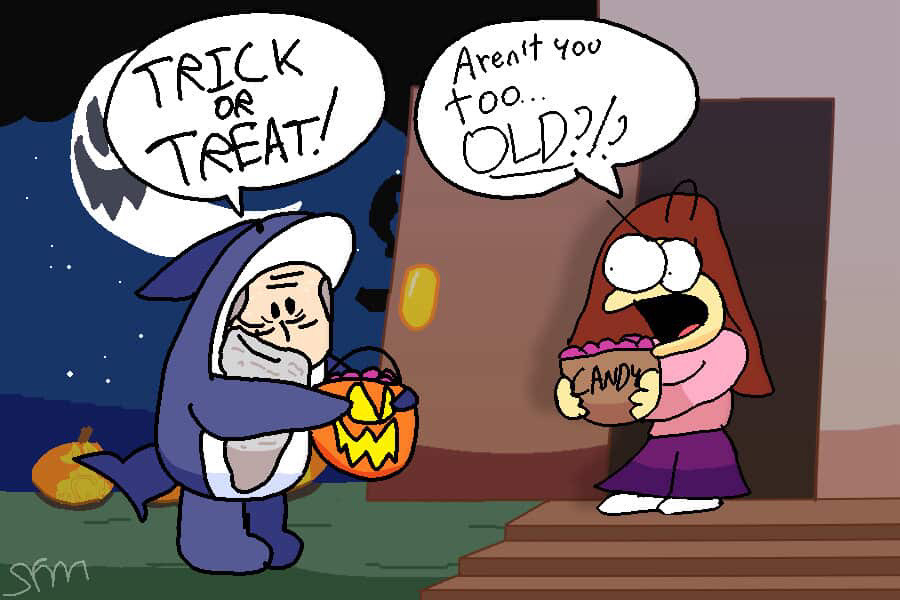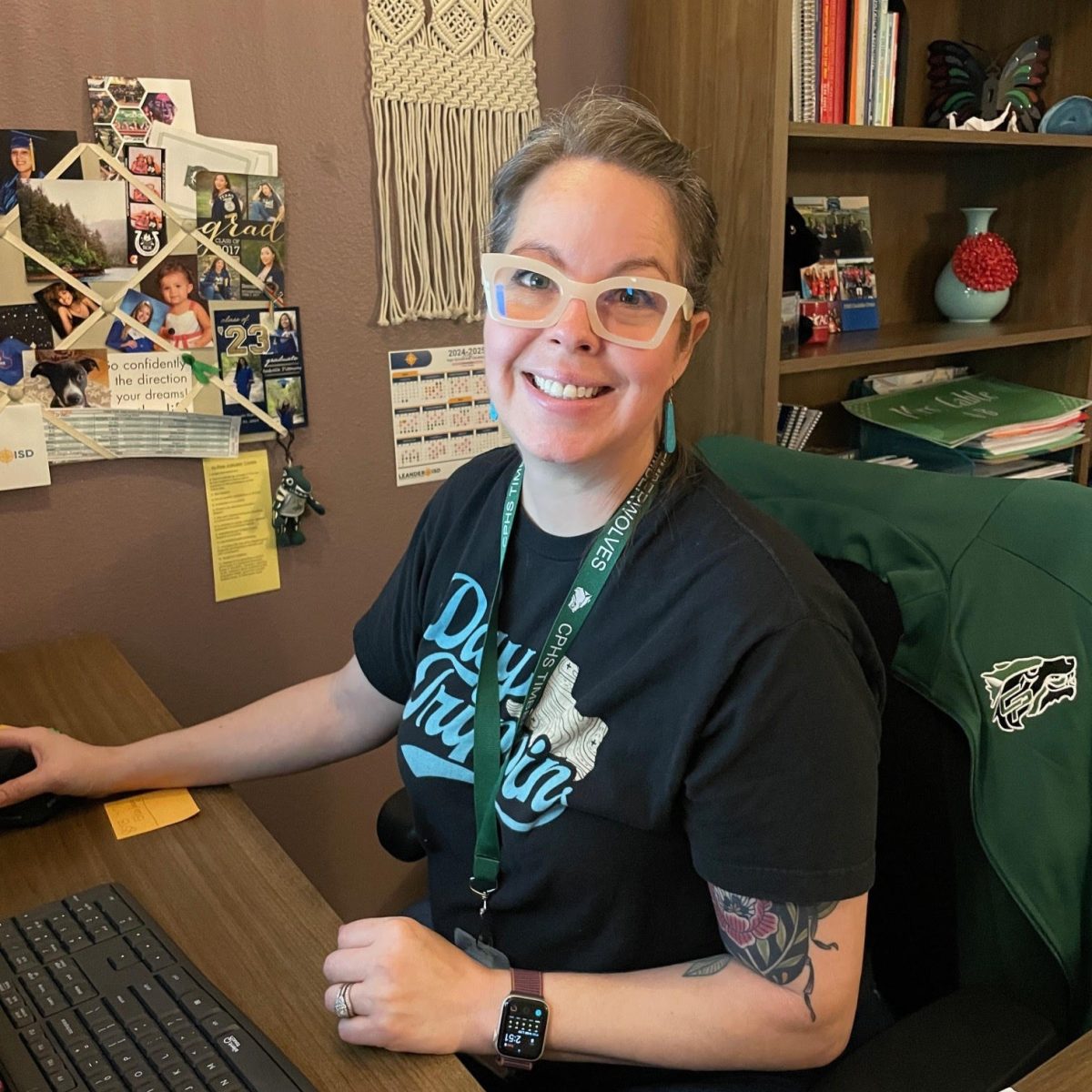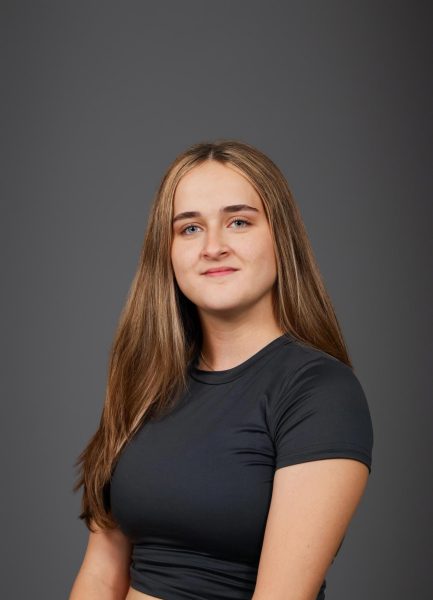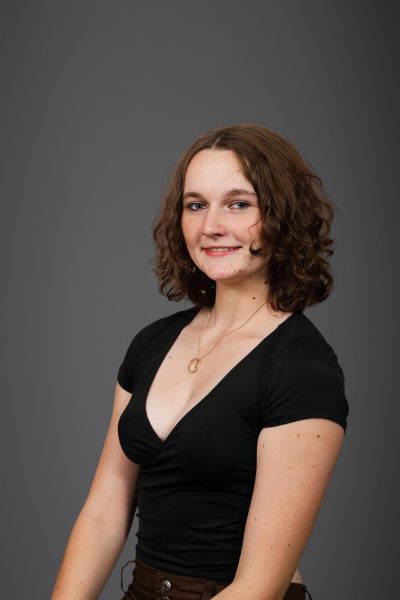Q: How long have you been at CPHS? Have you worked anywhere else?
A: You know, I was gonna count this up before you came, so give me a second: 15 years as a counselor at my last high school. This is my second year here, so 17 as a high school counselor, and then I was a three-year counselor at the middle school before that. [I’ve] been in education four more years on top of that, so 24 years. Before coming to Cedar Park High School, I was in the Pflugerville School district and I was there for the whole time. So, I went from Pflugerville Middle School to Pflugerville High School.
Q: What made you want to be a school counselor? What’s your journey to becoming a school counselor?
A: I come from a family of educators, my mom was a teacher, both my aunts were teachers, my sister’s a school principal, and her husband is a school principal, but one of my aunts went into counseling a while back. She was a lead counselor at one of the high schools in the district and she said, ‘I really think you should consider going into counseling.’ I did. And so that’s why she was the reason why I went back to school and got my masters in counseling. Education was my bachelor’s degree, and I taught history and science, which is a weird combo, but yes, that was me.
Q: What’s your favorite part about being a counselor at CPHS?
A: I really love the students here. I feel like there’s a good energy here on campus, everyone wants to be part of the family. The counseling team works really well together. It’s an incredibly strong team, because everybody has experience on this team, which is great. We have fun together and we enjoy that, so that’s great. As a campus as a whole, I really feel like there’s just a good vibe on this campus.
Q: What does counseling mean to you?
A: To me, counseling is like the overall umbrella of support because it’s like the whole body. It’s not just mental health, it’s academic support, it’s future planning, it’s the whole support system.
Q: How do you prepare yourself emotionally for handling sensitive topics with students?
A: It’s hard. I’ve had some pretty tricky situations over the last many years, and I have some relationships with students who are adults out in the world now that are really rewarding. It’s hard. Sometimes the situations are just really hard and they get you, they get to you emotionally. I think if they didn’t get to you emotionally, like I don’t know, like we all have hearts, right? And we all care, and that’s why we do our jobs.
Q: What steps have you personally taken to ensure the student is as comfortable as possible?
A: For me personally trust is huge. So if a student can’t trust me, then there’s no way they’re going to open up and share information with me. So I am always really big about telling students when they come in and here and start talking about really personal things that I will never share information with anybody without telling them first. So if I need to share information with a parent or I need to share information with a teacher or a principal, I tell them first, so there’s no surprises. Sometimes I let them choose whether or not they want to hear the conversation. Sometimes they do, sometimes they don’t. I always want them to know what I’m doing in support of them and not surprise them with things.
Q: How would you de-escalate serious or tough situations?
A: It kind of depends on the situation. If there can be a mediation done, if it’s between two different students, I always feel like being able to talk through things is the best way. Oftentimes it’s a misunderstanding, like not understanding the other person’s point of view or the situation that occurred. So mediation is always like my go-to, to de-escalate situations. If it’s family, sometimes we can get involved, but sometimes it’s outside of school and I can, you know, encourage family counseling and support that way. It depends on the situation.
Q: When you were in high school, did you visit the counselors office? Have you ever shared experiences with a student?
A: We did have counselors. I remember my counselor. I saw her once and that was because my best friend’s parents were getting divorced and it was really ugly. We leave it like that. I took her to the counseling office and that’s the only time I think I ever talked with my counselor. There was no checking my credits to make sure I was on top of graduation or guiding me in a course selection, or talking about college applications. You had to figure it all out on your own. It was just expected. If you didn’t do it, that was your choice. [Everything the counselors help with now] was all up to [students]. [Students] didn’t have help to do well. [Counseling] has changed so much in such a small time period, it’s really good. It’s a good thing that [counseling has] changed. Sometimes I try not to get personal with students because it needs to be about them and not about me, but sometimes occasionally I will just because I like students to realize they’re not alone.
Q: What’s the most important thing you want students to know about their future?
A: That they have complete control over [their future]. That you get to design your future and while people may have more obstacles than others or different obstacles than others, there are ways of working through them. Even if it means searching for the right support, if [students] want something to happen, they can make it happen.
Q: What are some things you want students to know about you?
A: Just say hello, get to know me. I don’t get to see you guys very often, cause I’m not in the classrooms. Like teachers are all the time, but I genuinely want all of my students to be happy and successful. I would love to know everybody really well, but we have like, you know, like almost 500 students, 400 students on a caseload, so that’s a lot. If I’m not saying hello, it’s not because I’m ignoring students, it’s just the school system. It would be awesome if I got to see every student like once a month, that would be amazing. But it’s not really set up that way.
Q: Would you call yourself introverted or extroverted? Why’s that?
A: I think I’m a little bit of both. I definitely like my personal time, but I also like being around people and doing things, going and doing fun things and being involved and things like that. So I’m a little bit of both.
Q: What do you do outside of school? What are some of your hobbies and interests?
A: I have dogs and so obviously I’m crazy about pets and I like being outdoors. I wish our summers were not so hot. My husband and I like to go kayaking. I love road trips. I’m perfectly happy sitting in the car and driving to places. Road trips make me really happy. Before GPS was so easy, like a map of the state parks and then a map of our roads and I would just find a state park that it hadn’t been to, and I would take a road trip and just go, even if it’s just for the day, just to go hike and see a new place. I like the outdoors.
Q: What are some of your favorite tv shows and movies?
A: I love scary movies, big time into scary movies. I like thrillers, but I’m not into blood and guts, so like the slasher movies I do not like, but like the suspense, I love psychological horror. For TV shows, one of my favorites is Brooklyn Nine-Nine. I’ve actually rewatched it, which I don’t usually do. Stranger Things, The Newsroom. Documentaries because my husband and I are both history nerds.
Q: Who has been the biggest influence on your life and career?
A: My family. I was blessed with a phenomenal family in which to grow up. They have been supportive about everything that I’ve done, so I would say my family.

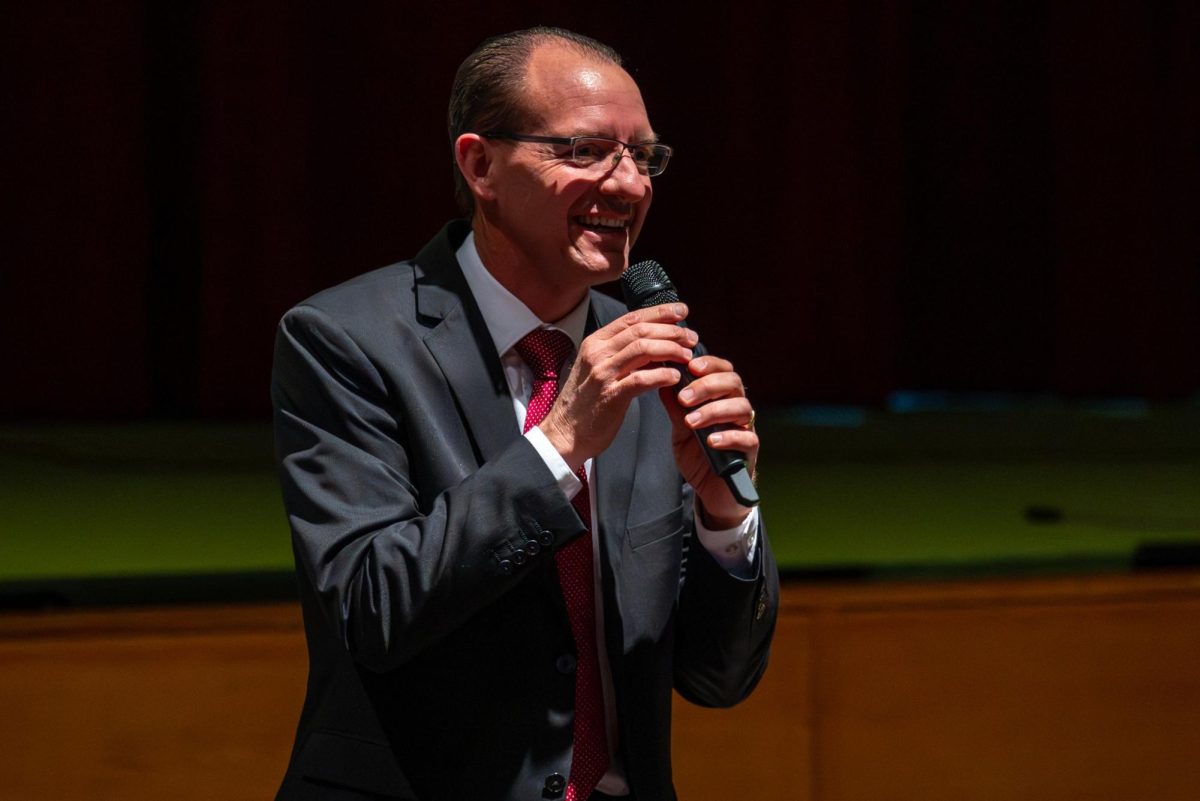
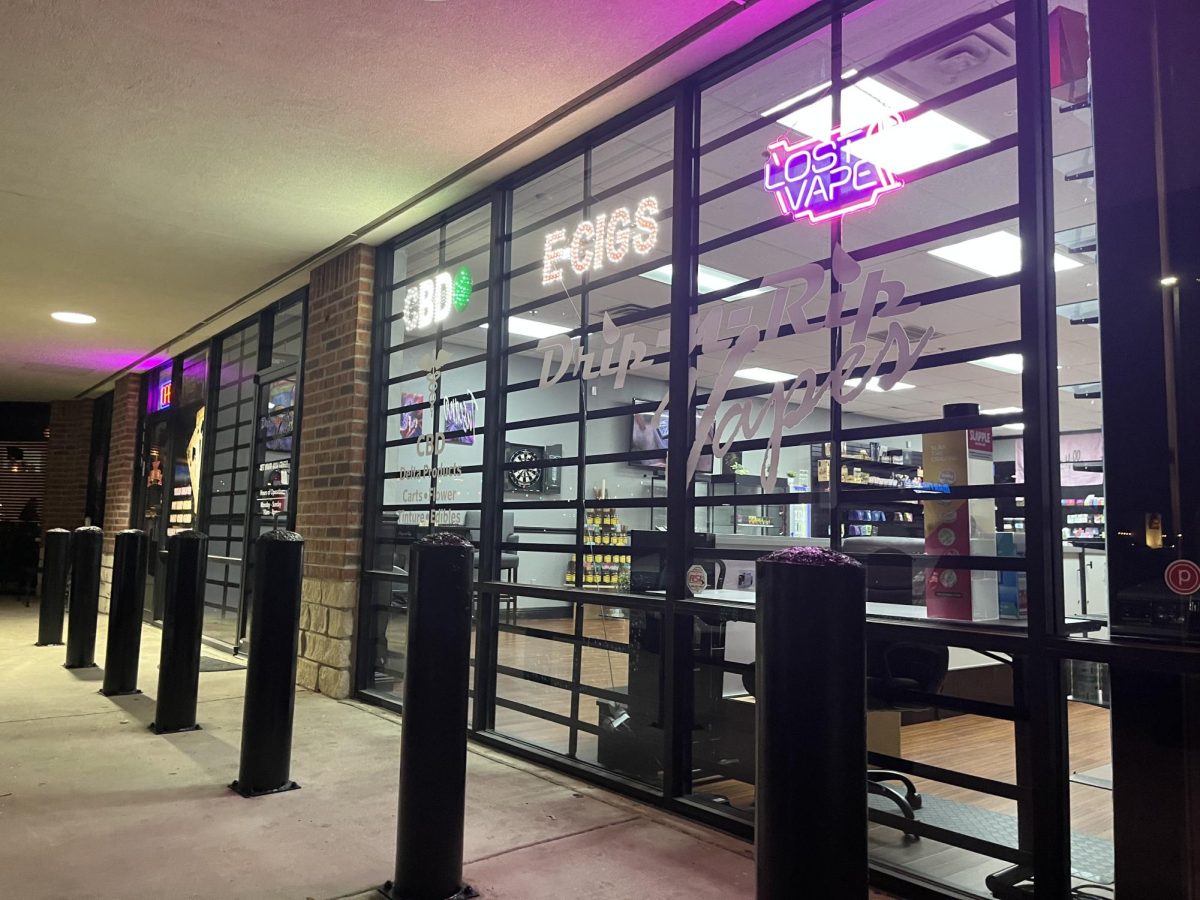
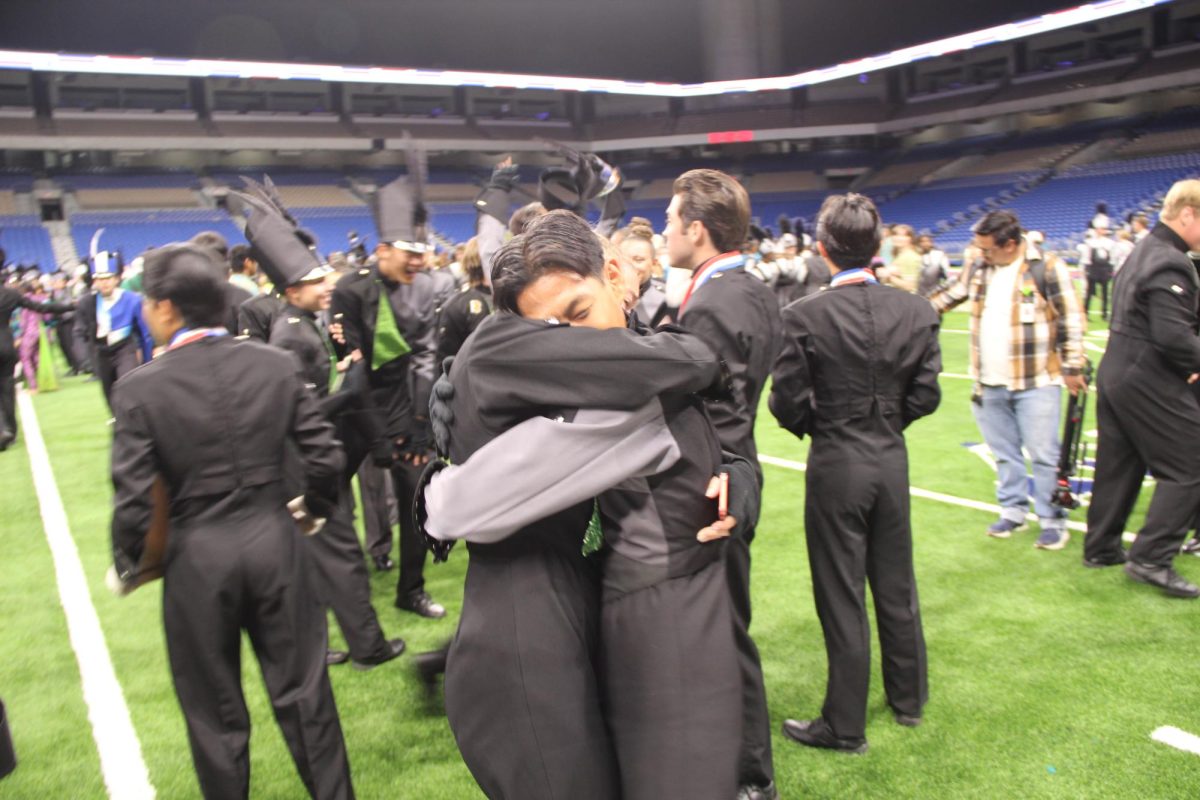
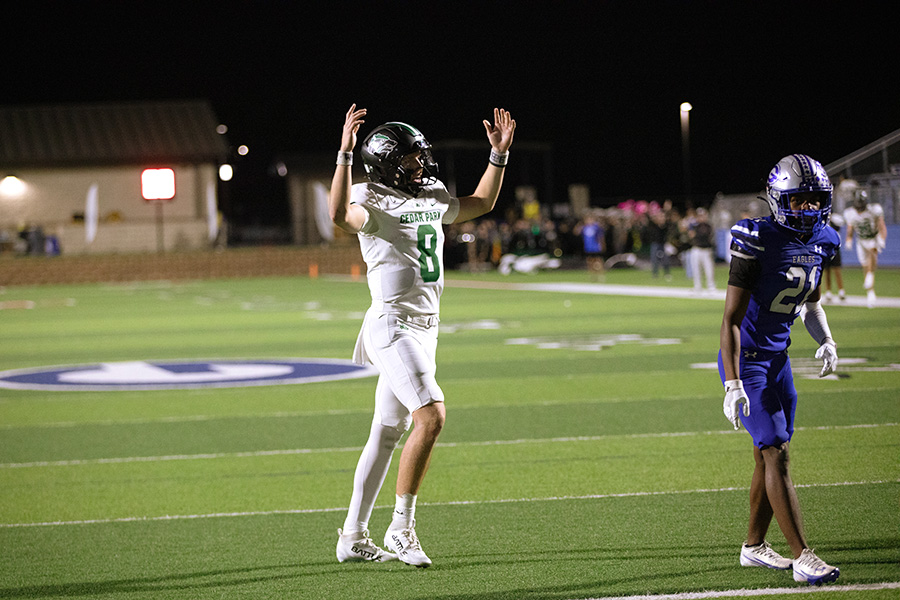
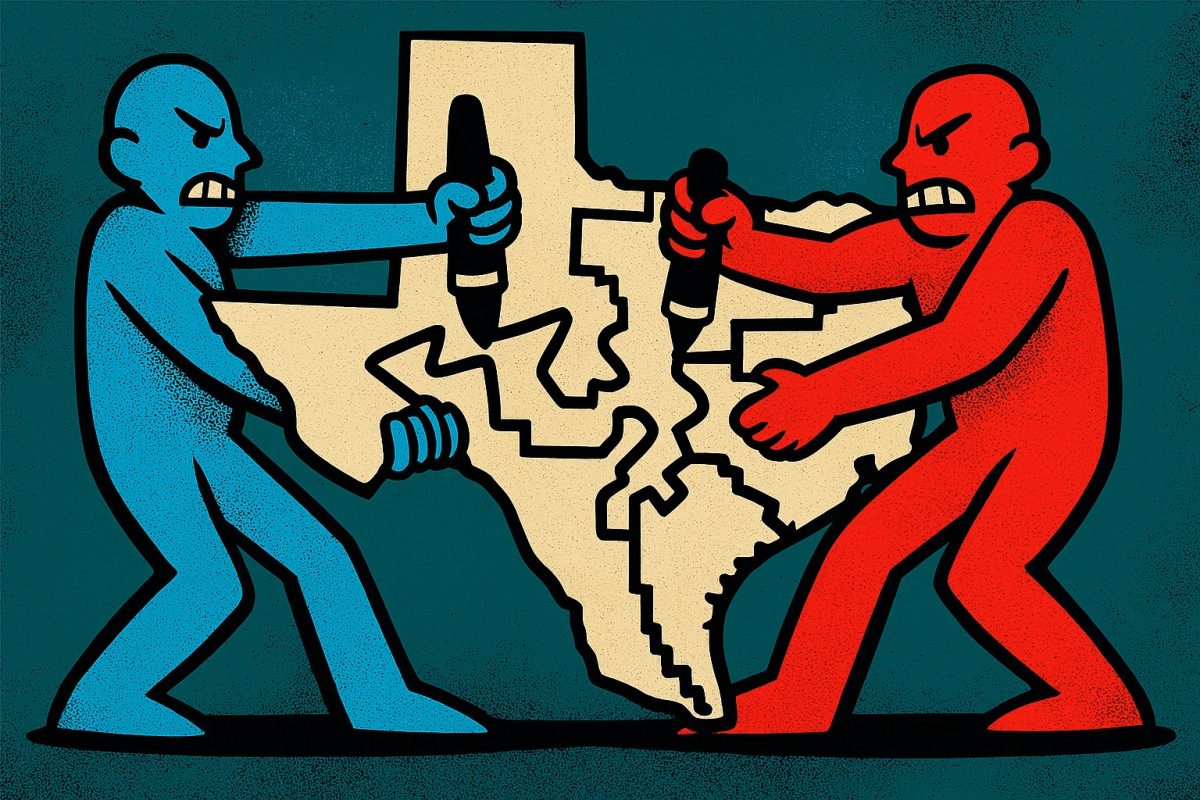
![Senior Jett Mckinney stores all the clothes in his own room, with half of it stored in his closet along with his personal clothes, and the rest taking up space in his room.
“There’s been times [when] there’s so much clothing stored here and it gets overwhelming, so I end up having to sleep somewhere else in the house,” Mckinney said.](https://cphswolfpack.com/wp-content/uploads/2025/11/DSC_0951-1200x800.jpg)
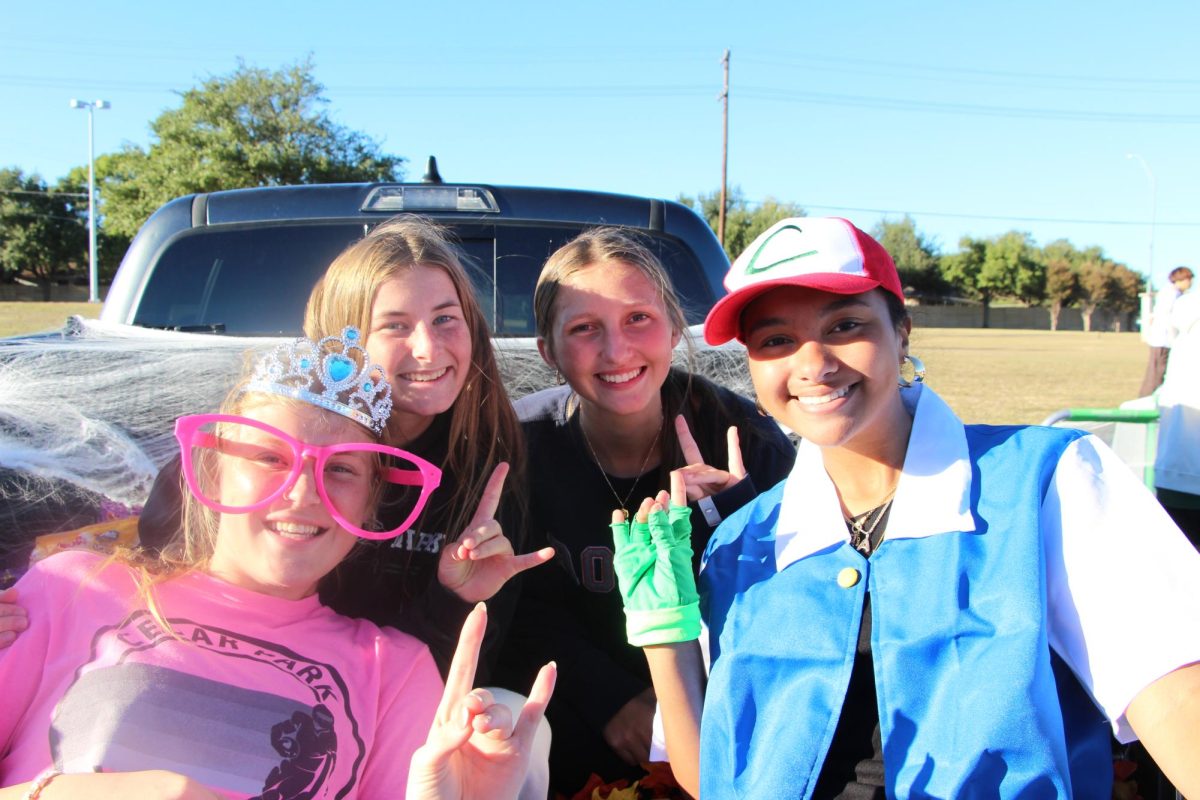


![Broadcast, yearbook and newspaper combined for 66 Interscholastic League Press Conference awards this year. Yearbook won 43, newspaper won 14 and broadcast took home nine. “I think [the ILPC awards] are a great way to give the kids some acknowledgement for all of their hard work,” newspaper and yearbook adviser Paige Hert said. “They typically spend the year covering everyone else’s big moments, so it’s really cool for them to be celebrated so many times and in so many different ways.”](https://cphswolfpack.com/wp-content/uploads/2025/05/edited-ILPC.jpg)

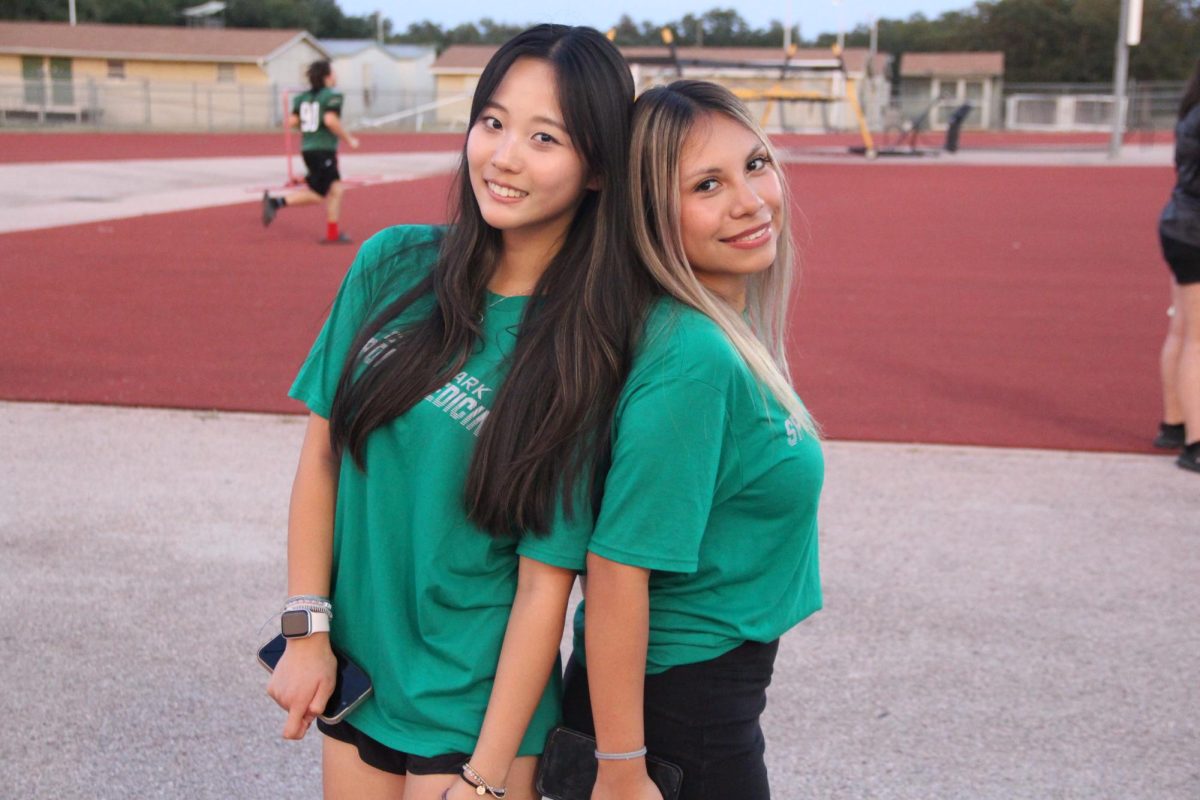


![Looking down at his racket, junior Hasun Nguyen hits the green tennis ball. Hasun has played tennis since he was 9 years old, and he is on the varsity team. "I feel like it’s not really appreciated in America as much, but [tennis] is a really competitive and mentally challenging sport,” Nguyen said. “I’m really level-headed and can keep my cool during a match, and that helps me play a bit better under pressure.” Photo by Kyra Cox](https://cphswolfpack.com/wp-content/uploads/2025/09/hasun.jpg)

![Bringing her arm over her head and taking a quick breath, junior Lauren Lucas swims the final laps of the 500 freestyle at the regionals swimming competition on date. Lucas broke the school’s 18-year-old record for the 500 freestyle at regionals and again at state with a time of 4:58.63. “I’d had my eye on that 500 record since my freshman year, so I was really excited to see if I could get it at regionals or districts,” Lucas said. “ State is always a really fun experience and medaling for the first time was really great. It was a very very tight race, [so] I was a bit surprised [that I medaled]. [There were] a lot of fast girls at the meet in general, [and] it was like a dogfight back and forth, back and forth.” Photo by Kaydence Wilkinson](https://cphswolfpack.com/wp-content/uploads/2025/03/Kaydence-2.7-23-edit-2.jpg)
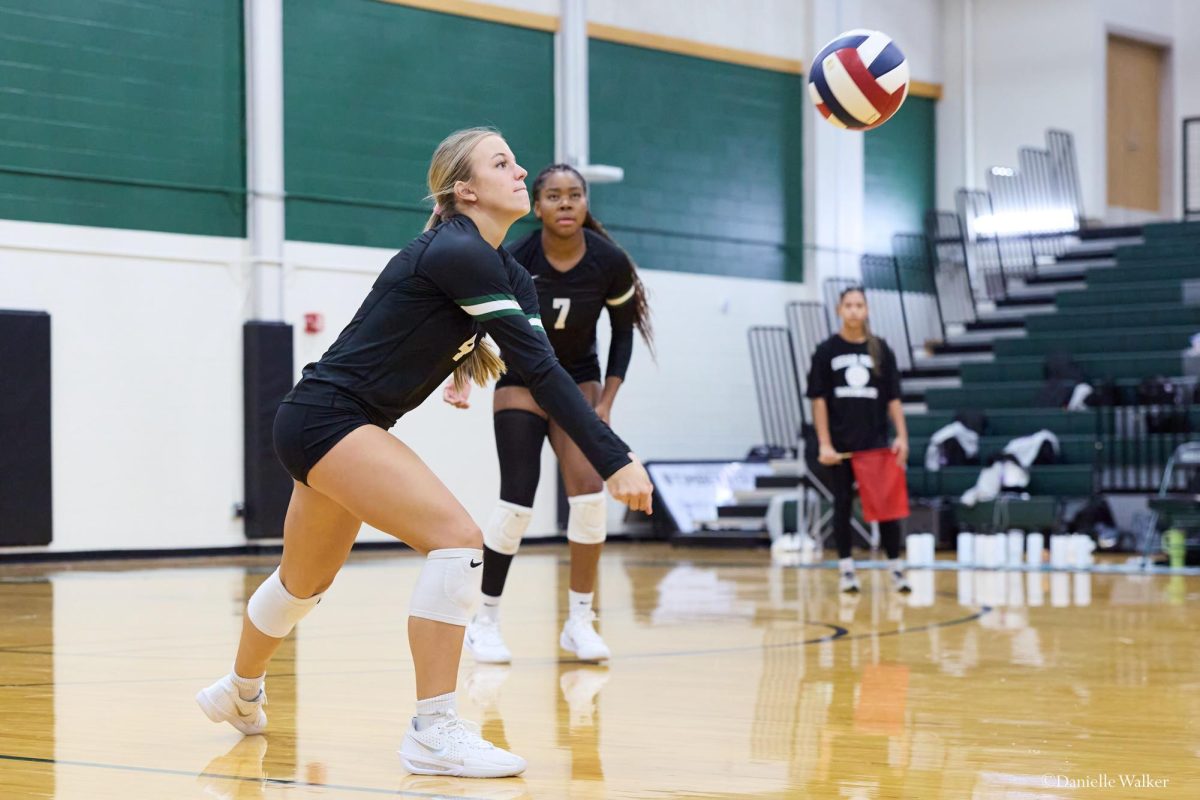

![As her hair blows in the wind, senior Brianna Grandow runs the varsity girls 5K at the cross country district meet last Thursday. Grandow finished fourth in the event and led the varsity girls to regionals with a third place placement as a team. “I’m very excited [to go to regionals],” Grandow said. “I’m excited to race in Corpus Christi, and we get to go to the beach, so that’s really awesome.” Photo by Addison Bruce](https://cphswolfpack.com/wp-content/uploads/2025/10/brianna.jpg)

